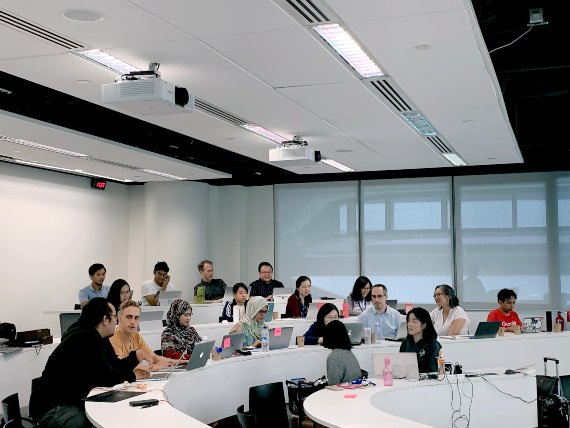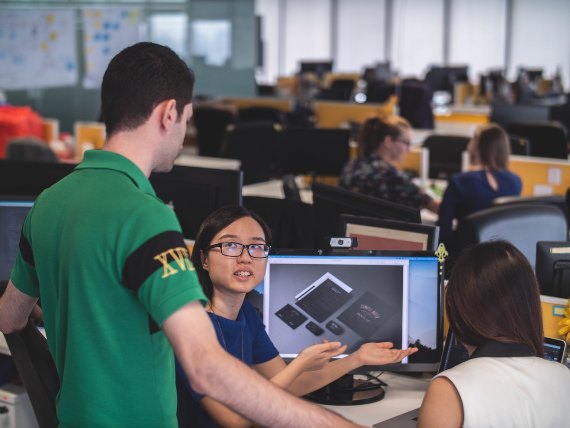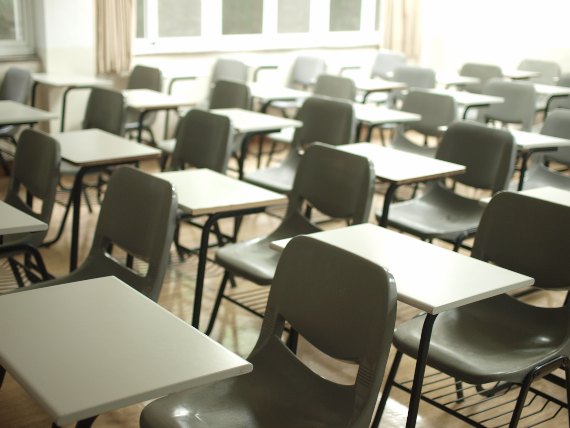Facing the challenge and the opportunity posed by Covid-19, in respect of educational modalities and the different possible responses in the world of academia within the framework of the so-called “new normal”, will require political and academic authorities to do some hard thinking. We also understand that there is a pressing need for debate and that, in order for it to be fruitful, it should start by addressing some pivotal issues that, in our opinion, have been overlooked by the problem of “presenteeism” in this context of crisis. These thinking and debate exercises should be accompanied, also from the outset, by the firm determination to shy away from any temptation to conceal new cuts among the re-organizational alternatives of the traditional culture of “presenteeism”.

In any future context, with more or less classroom attendance of teachers and students, we believe that embracing active learning methodologies will become unavoidable. And this entails investing substantially in training and reorienting of both teachers and students to, at the same time, procure a set of basic and essential structural elements, such as access to the necessary technology, and an efficient support service for both.
The response of the global university educational community to the conditions imposed by the health crisis in general has been diverse and remains difficult to assess. However, educational communities which – prior to Covid-19 – had already invested in teacher training and in the innovative development of active learning methodologies, as solid pillars of a pedagogical model based on peer instruction, the waiving of final exams and continuous assessment, seem to have fared significantly better. These educational communities, which had already focused on the intrinsic motivation of students and on collaborative learning through the resolution of specific problems within a “learning community” or “community of inquiry,” have adapted more easily to the consequences of the health emergency.

Several factors contributed to the success of these innovative educational experiences. Firstly, teachers were trained on directly applied – not cumulative – learning modes, in what we could define as “learning by doing”. Secondly, students had acquired high levels of digital literacy and developed collaborative work skills both outside and in the classroom. Third, both teachers and students possessed appropriate technology skills to reinforce active learning and class preparation. The ultimate goal of the classes taught according to this methodology is not to merely memorize information to then just regurgitate it during an exam, but to consolidate concepts, skills and creative, critical and practical applications.
Teachers trained in hybrid and active teaching methodologies have adapted their pedagogical strategies and chosen the contents that are less difficult to teach under these new conditions. They have established critical and creative collaboration spaces, where students acquire and develop knowledge at their own pace, networking with their peers and accompanied by the teacher-facilitator. Perhaps a general example of what we have been advocating can be the one set forth by the University of Northampton in the United Kingdom, which long ago decided to eliminate traditional lectures and innovate with hybrid teaching models. Currently, the University of Northampton is, proportionally, one of the highest-ranking European universities in terms of graduate employability.
Presently, there is already broad consensus surrounding the appropriate use of certain technologies which require students to become actively involved in their learning process, and how they allow them to successfully develop their cognitive abilities while increasing their ability to adapt to complex and changing realities, such as those that characterize our contemporary societies.

Information is ubiquitous. We should focus on how students have access to the enormous wealth of information, how they manage it, use it and navigate through it. This is where the role of the close and accessible teacher, and as a facilitator and co-creator of knowledge, is key and essential. Therefore, the immediate need to reorganize “presenteeism” in education (whose model dates back centuries) should not and cannot ignore the debate on what educational structural horizons and what specific training actions (hybrid learning methodologies, digital literacy, peer instruction, learning reinforcement pedagogies, among others) are educational institutions going to include as a priority in their short and medium term strategies.
The “presenteeism” adjustment alone will not be enough to guarantee accessible, quality and equal opportunities Any future and successful educational measure adopted at universities, must be supported with the adequate levels of investment and innovation, as well as bold approaches, to turn the structural paradigm shift we are facing and the EdTech revolution, accelerated by the pandemic, into a transforming opportunity for progress.
Comments on this publication